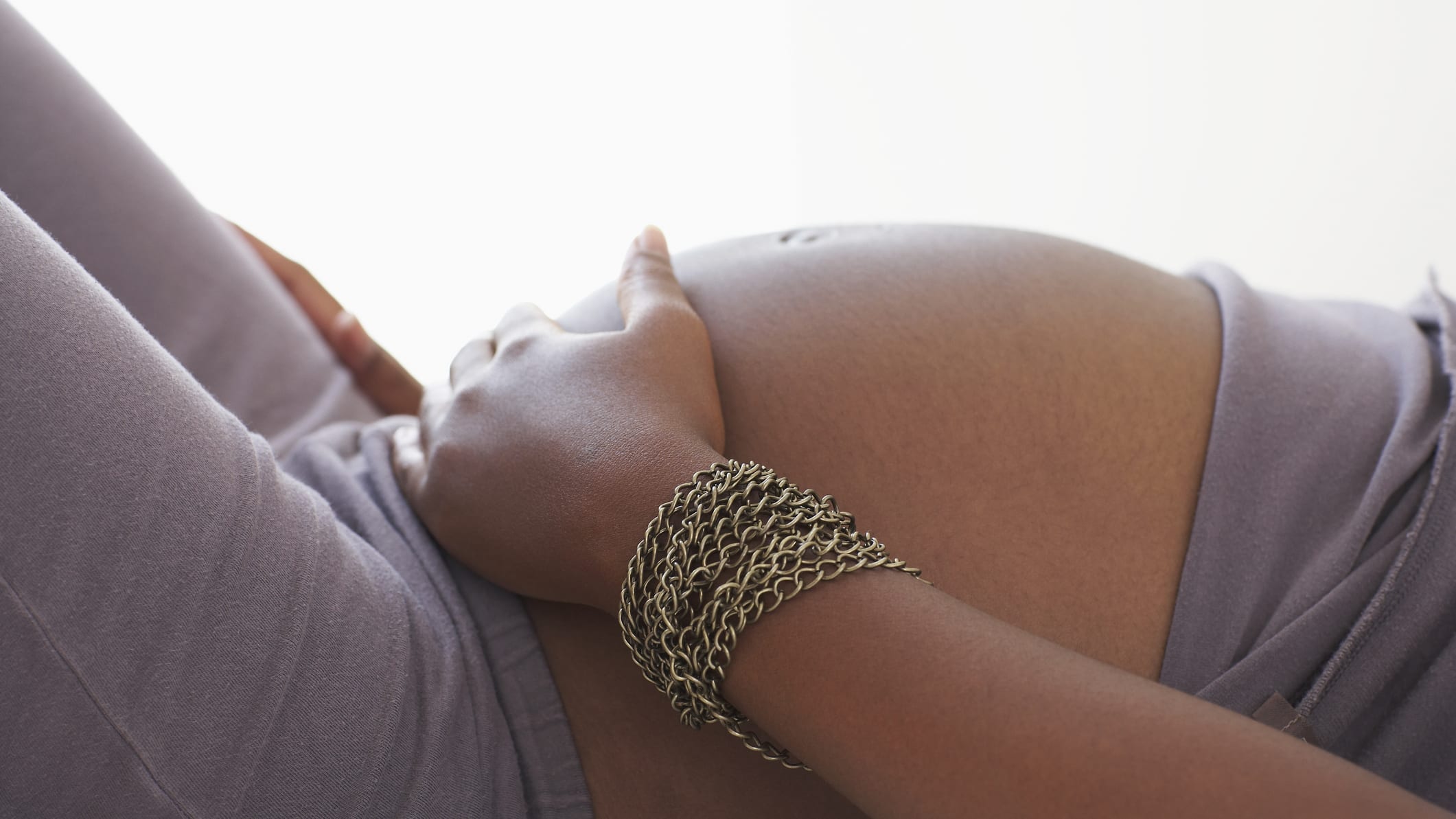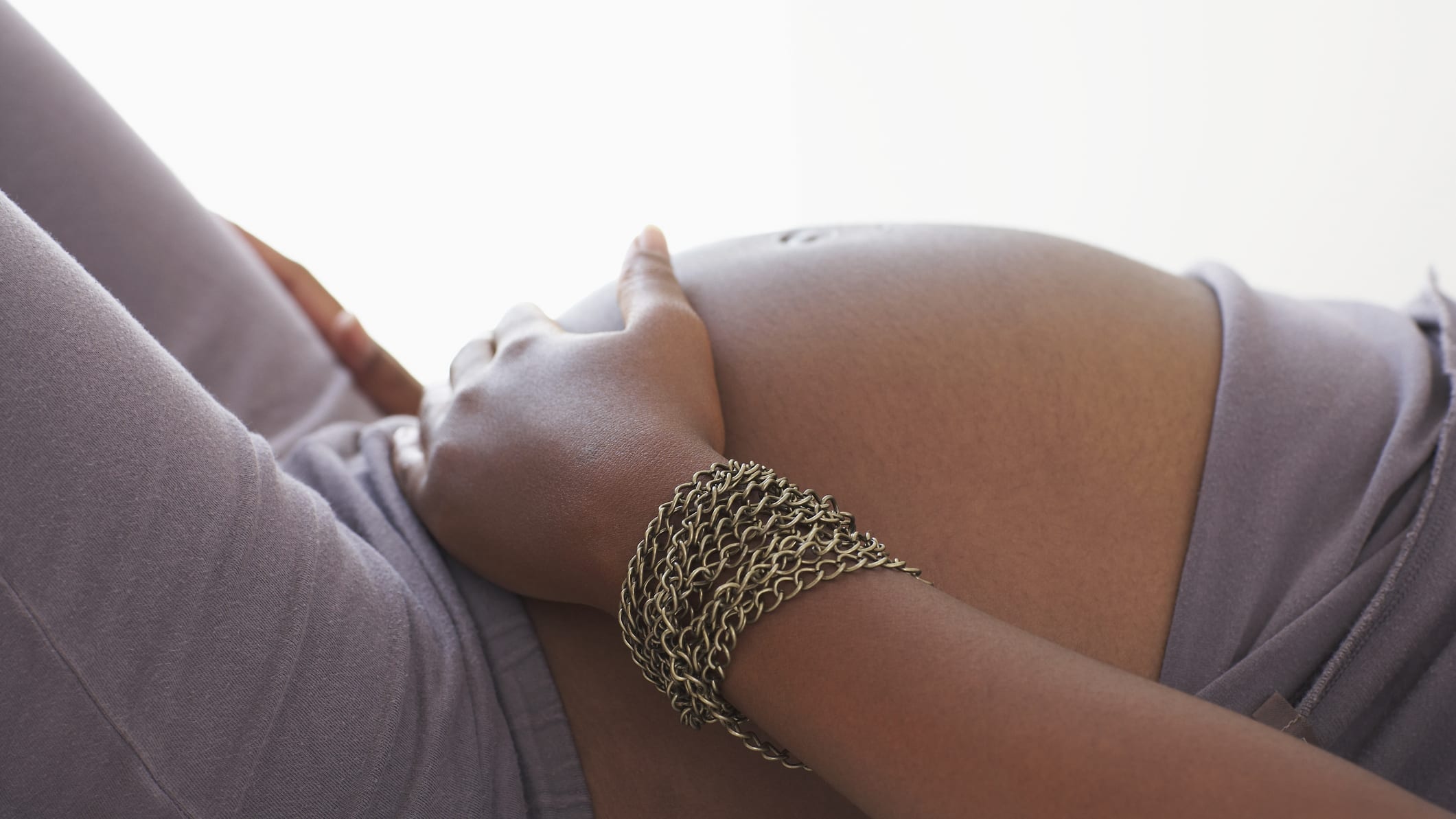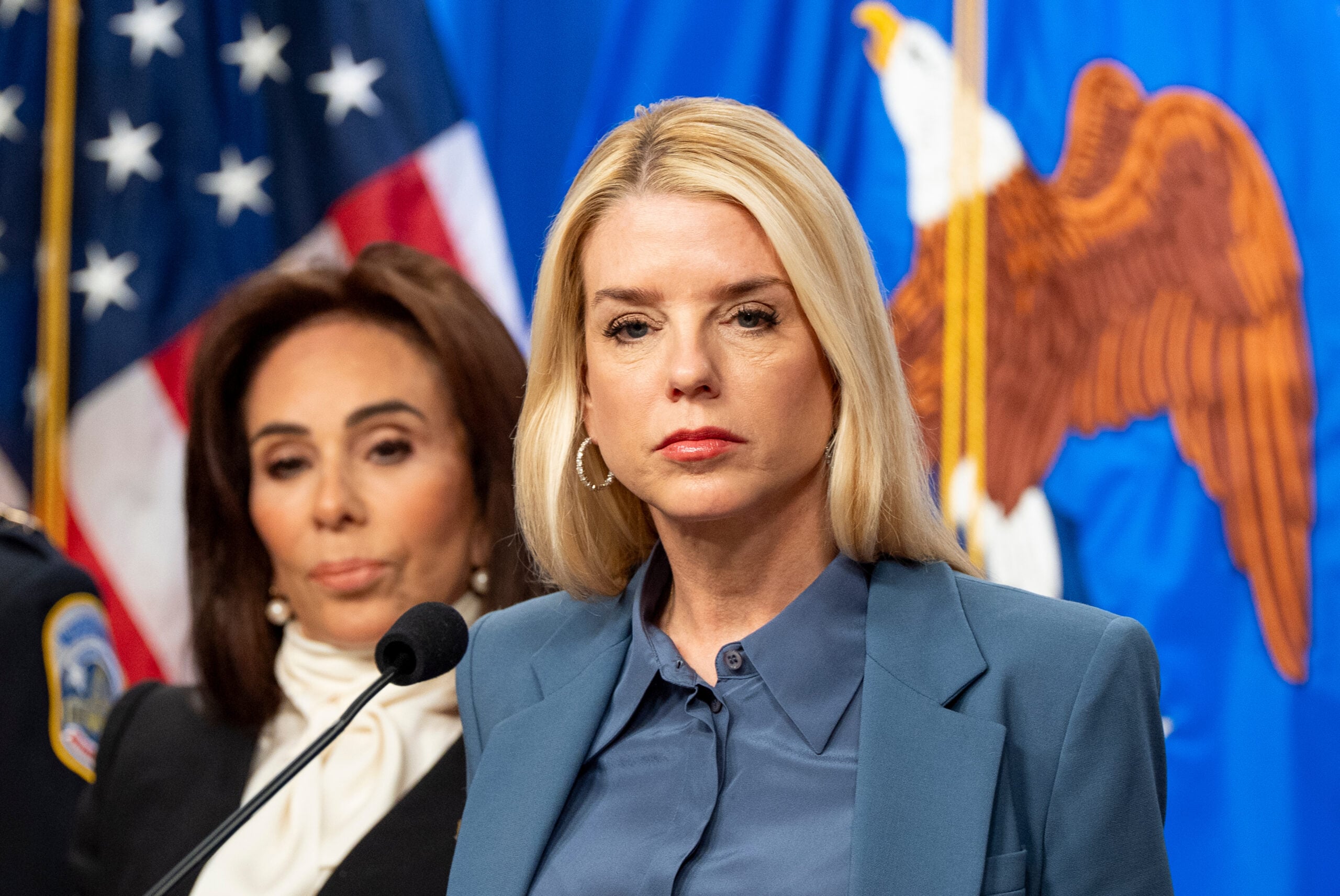
Never underestimate the power of community, especially when it comes to Black women looking out for each other. That superpower has always been our armor, our refuge, and our resistance. And now, in the face of rising Black maternal mortality rates, it’s becoming an essential lifeline, especially in places like Brooklyn, New York.
The numbers don’t lie: Black women in the United States are nearly 3.5 times more likely to die from pregnancy-related complications than white women. In Brooklyn, where the city’s largest Black population resides, that statistic hits even harder. But amid the crisis, one organization is showing what it looks like to turn care into action, and concern into community.
Founded in 1982, the Caribbean Women’s Health Association (CWHA) has grown into the largest free, community-based doula service provider in New York City. And for hundreds of Black families across the borough, that has made all the difference.
“Sometimes you hear a lot of horror stories about being a Black woman giving birth,” Ana Nunez, a mother who worked with CWHA’s doula service, told CBS News. “So I wanted to feel heard, I wanted to feel included.”
And that’s exactly what she got through her doula, Reshonah Williams, who was by her side from the third trimester all the way through postpartum.
“We worked on comfort measures to help ease the condition of natural labor,” Williams explained. “Because the hospitals automatically come up with the idea of, ‘You can have an epidural if you want, you should have an epidural.’ And we’re like, ‘Mom says she wants to do this.’”
That kind of advocacy is everything when navigating a healthcare system that too often ignores the pain and preferences of Black women. For fellow new mom Raven Lopez, her doula, Dadreama Sandiford, became a guiding light during a tough postpartum journey with her colicky newborn daughter.
“If they’re saying that they’re experiencing pain, they’re experiencing pain,” Sandiford said of her role as a doula. “For the physicians, listen. For the lawmakers, make it accessible for everyone.”
That’s been the ethos behind CWHA from the start. Executive Director Cheryl Hall says the organization was born out of a need—and a refusal to accept the unacceptable.
“There’s a whole birth plan put in place and what the expectations are,” Hall said. “Doulas, of course, they are providing psychosocial care. They’re not providing clinical care.”
And yet, that psychosocial support can be life-saving. In addition to doulas, the nonprofit runs multilingual workshops on sleep safety, lactation, postpartum recovery, and more; all designed to meet families where they are.
Despite losing a seven-year grant with the National Institutes of Health and Mount Sinai after a change in administration, CWHA keeps showing up for the babies, for the mamas, for the village because everybody wins when Black women are heard, supported, and empowered.





